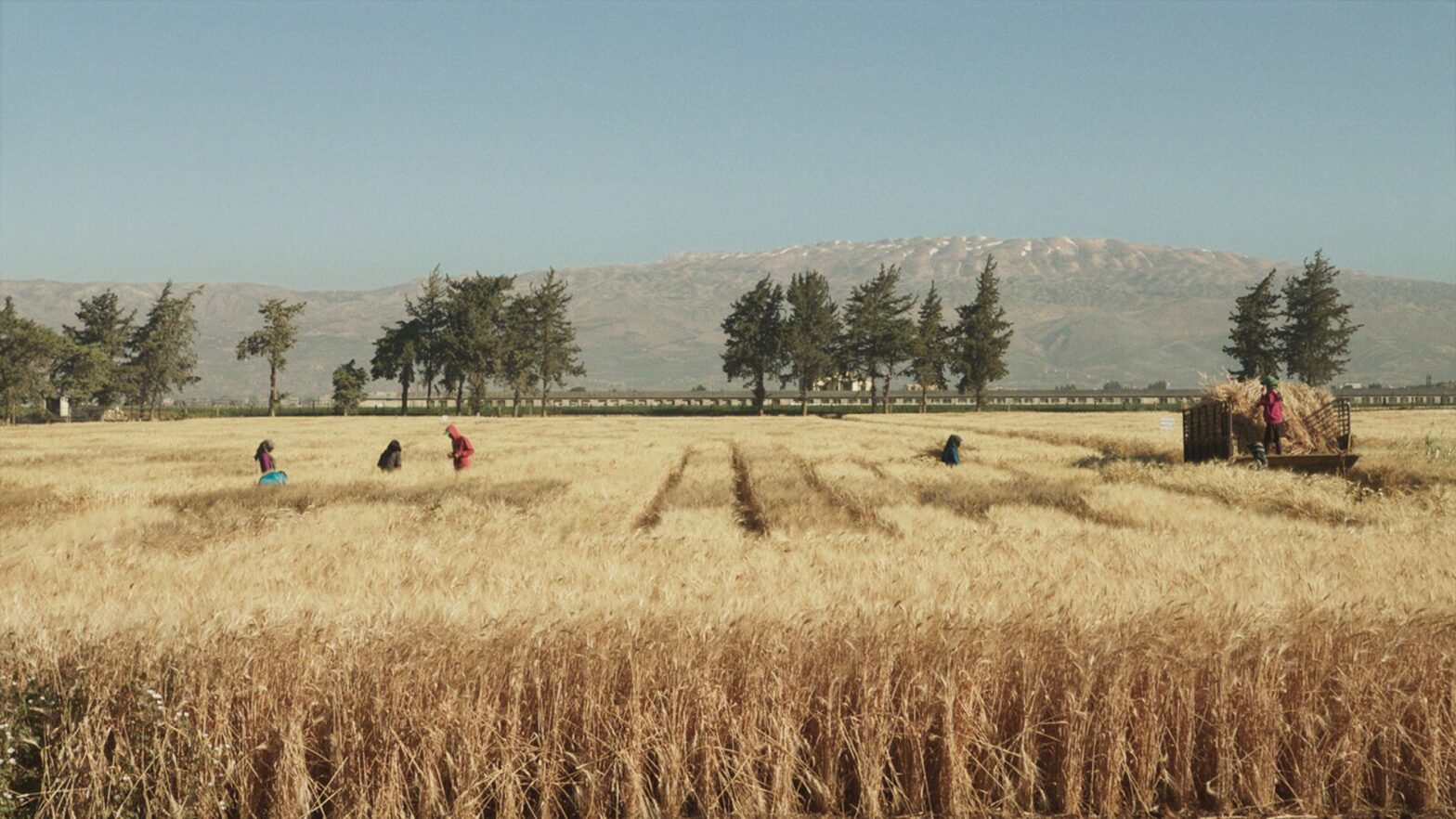New School Free Press at the New York Counter Film Festival
This story was updated on Sunday, Oct. 6 at 2:51pm.
The New York Counter Film Festival (NYCFF), beginning with its first screening on Sept 27. and running through Oct. 10, is using the empathetic artistry of film to stand in opposition to one of the film industry’s most prestigious events. This festival emerged in response to the New York Film Festival (NYFF) and connections between Lincoln Center’s donors — including its funding corporations — and their support of Israel Defense Forces (IDF). NYCFF is screening films withdrawn from the NYFF in solidarity with Palestine, as well as works by artists addressing urgent global issues — such as displacement, colonialism, and resistance — challenging institutional power and demonstrating that film has potential to promote a more equitable and politically conscious world.
More than just a series of film screenings, NYCFF is a rallying cry for artists to take a stand. A member of the NYCFF team, who chose to remain anonymous to protect their identity, described the significance of the festival:“Film plays an important role for building political consciousness and awareness in populations.” They emphasized how the festival creates a space for conversation and action. “Community events like these are allowing folks to take in these stories and to learn from one another, to share ideas and put the issues that we need to deal with at the forefront.”

The Oct. 2 NYCFF screening was held at the Stone Circle Theater in Queens — a space adding layers of poetic irony to the evening. The venue was a Presbyterian church, creating a symbolic contrast; attendees were sitting in pews to watch films that critique systems of power and displacement. It felt almost surreal, a place traditionally tied to sanctuary, now transformed into a space for resistance. Tables were organized with posters and zines in an effort to raise funds, with a 50/50 split of donations supporting the filmmakers and mutual aid efforts in Palestine and Lebanon, emphasizing the community-driven activism that NYCFF embodies.
The evening featured two films: Deep Sleep by Basma Al Sharif (2014) and Wild Relatives by Jumana Manna (2018). Both films had previously been pulled by their creators from larger festivals, like the International Documentary Film Festival Amsterdam (IDFA), to show support for Palestine. The filmmakers, both Palestinian, used their work to explore the emotional ties between people and land — a theme that resonates with communities facing displacement around the world. Their films served as a powerful reminder of how art can be used to amplify voices that often go unheard within oppressive systems.
Deep Sleep was a brief yet thought-provoking film, taking viewers on a dreamlike journey through abandoned landscapes. Its trance-like state reflects the disconnectedness that comes with exile and uprooting communities, leaving much open to interpretation.
In contrast, Wild Relatives by Jumana Manna offers a more profound exploration of resilience amid displacement, climate change, and conflict. The documentary follows a journey of seeds from Lebanon’s Beqaa Valley in the Middle East to the Svalbard Global Seed Vault in Norway. Tracing the path of seeds through a world fractured by conflict, Manna weaves a powerful narrative which connects the delicate lives of plants with the raw, human stories of farmers, refugees, and scientists — each playing a part in safeguarding the future of agriculture.
Manna documents life’s contradictions with subtle grace, showing how, even as war expels entire communities and climate change threatens agricultural stability, the beauty of human connection and daily life must persist. Throughout the film, the viewer witnesses girls dancing carefree in a field, listening to traditional music, sharing laughter and teasing each other about how to hold a cigarette. These moments of lightness amid hardship created a heartwarming portrayal of the different facets of human life, while simultaneously reflecting the endurance of spirit and the tenacity of community.
The film concludes with the hauntingly beautiful song “Baadana” by Lebanese singer Aida Chalhoub. She sings, “After us, who would water the grapevines? / Who would fill the baskets? / Who would pick the grape leaves?” This poignant moment encapsulates the film’s effort to portray the reciprocal relationship between humanity and land, reminding us of the crucial role land plays in cultural identity.
Audience member Vanya N., who attended the festival, emphasized the role of such films in activism, “It can be really easy for people to diminish art and diminish the role that art plays in activism.” For Vanya, the festival was not only an opportunity to learn but also a space to connect with others and further the conversation about ongoing humanitarian crises, particularly in Palestine. “I think it’s just important to spread that knowledge however I can, and to continue to talk about this, continue to not stay silent.”
Correction: A previous version of this article incorrectly stated that Wild Relatives was shot on Super 8. Wild Relatives was shot on digital, Deep Sleep was shot on Super 8.








Leave a Reply